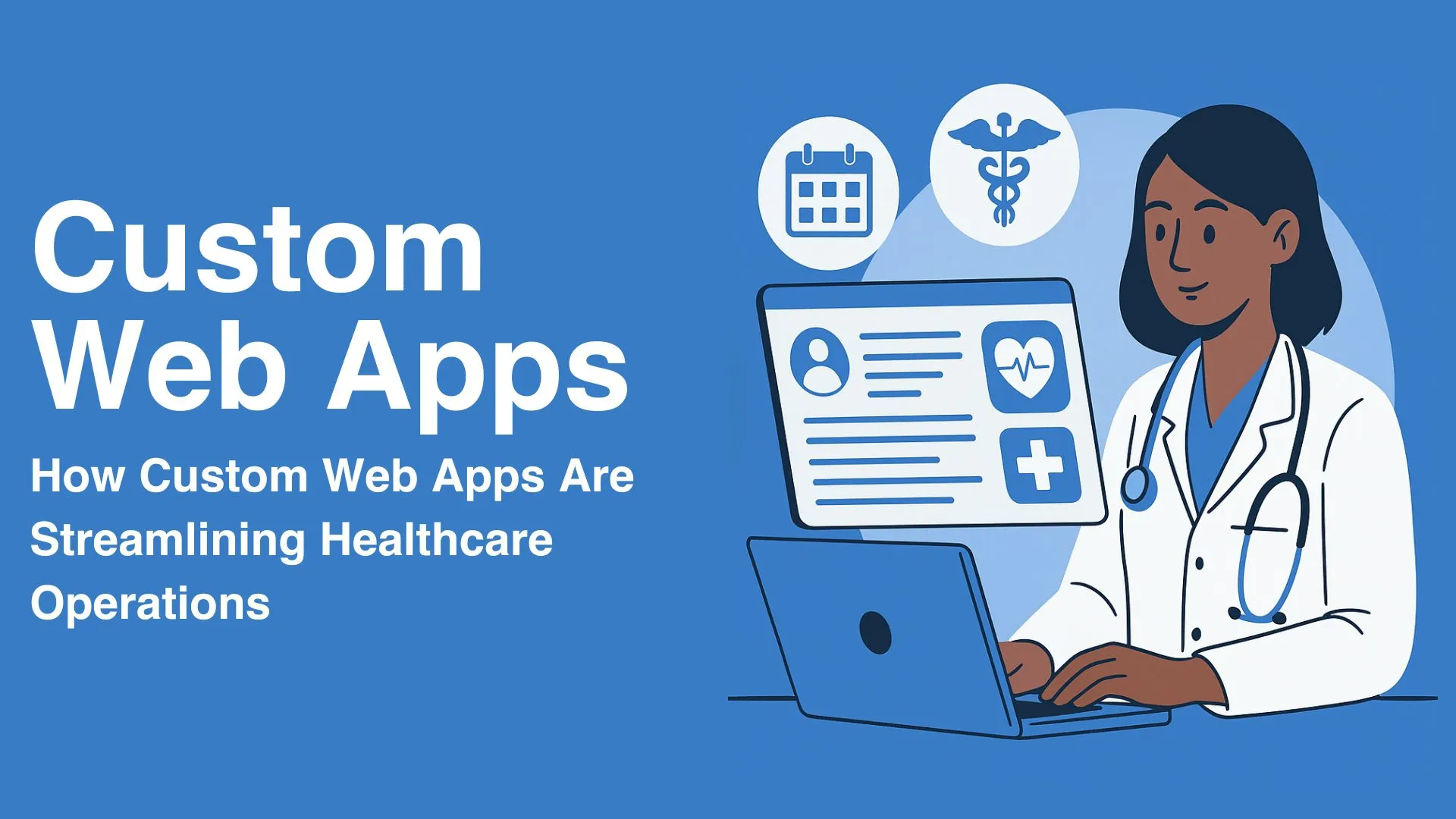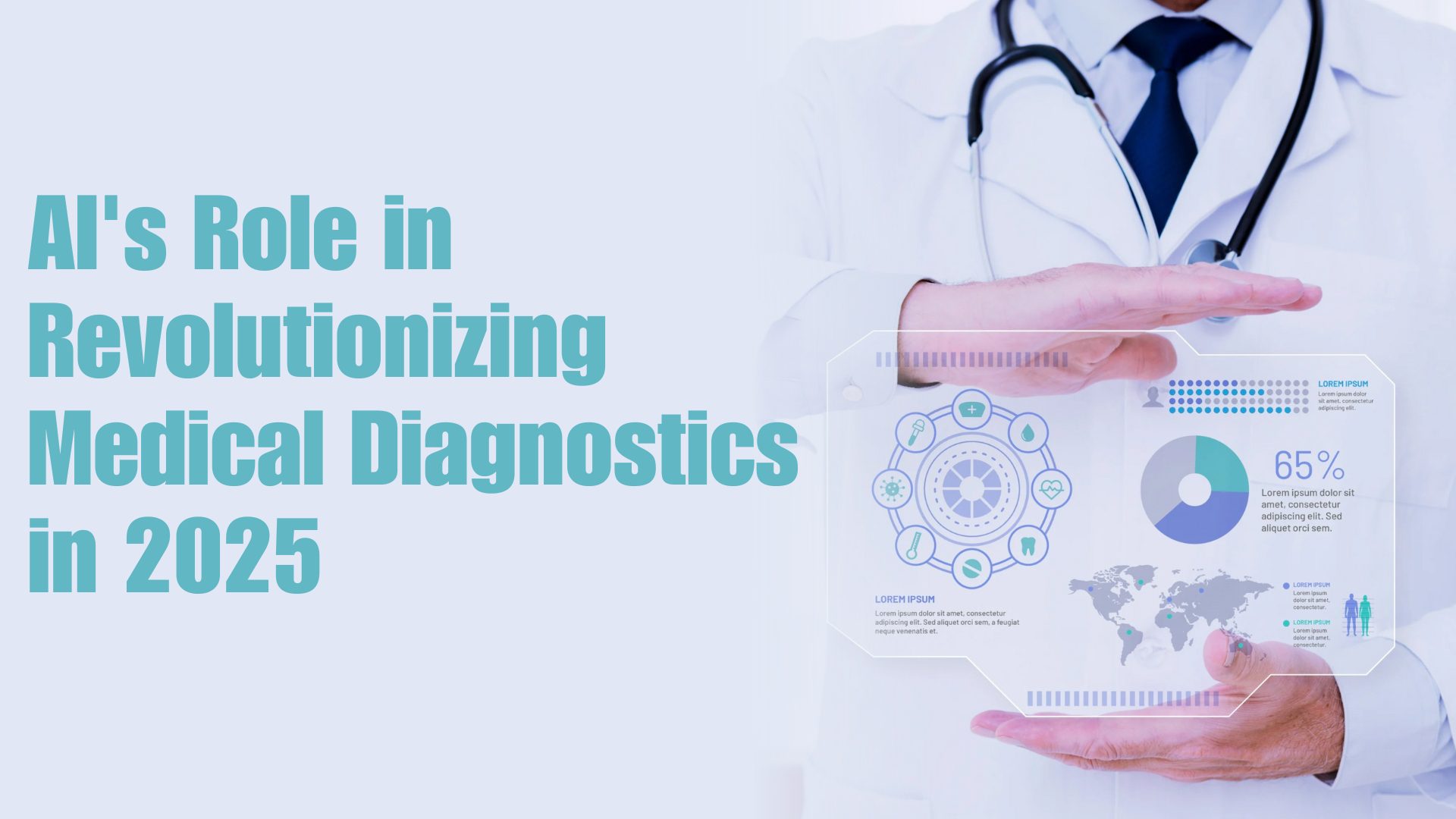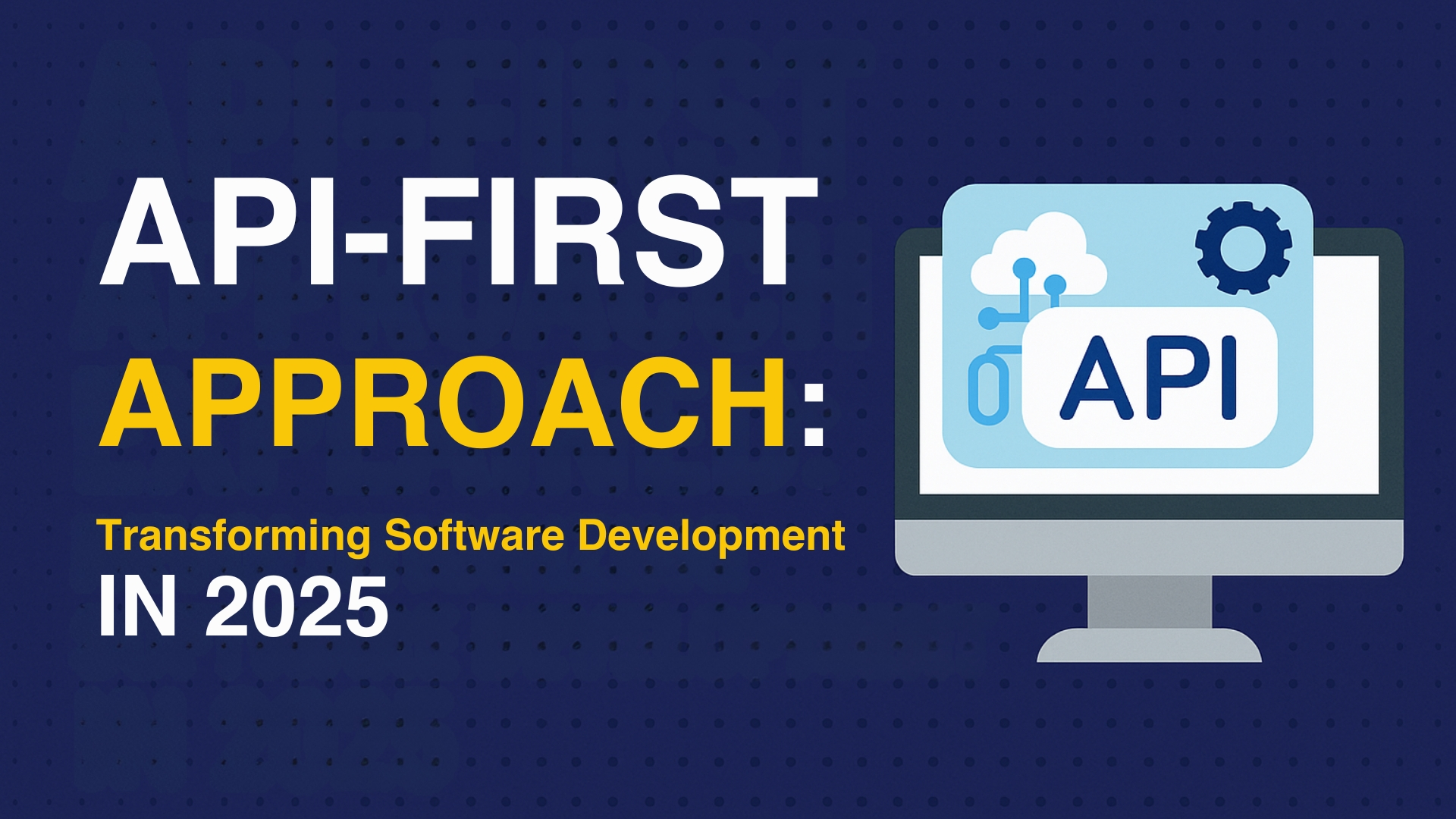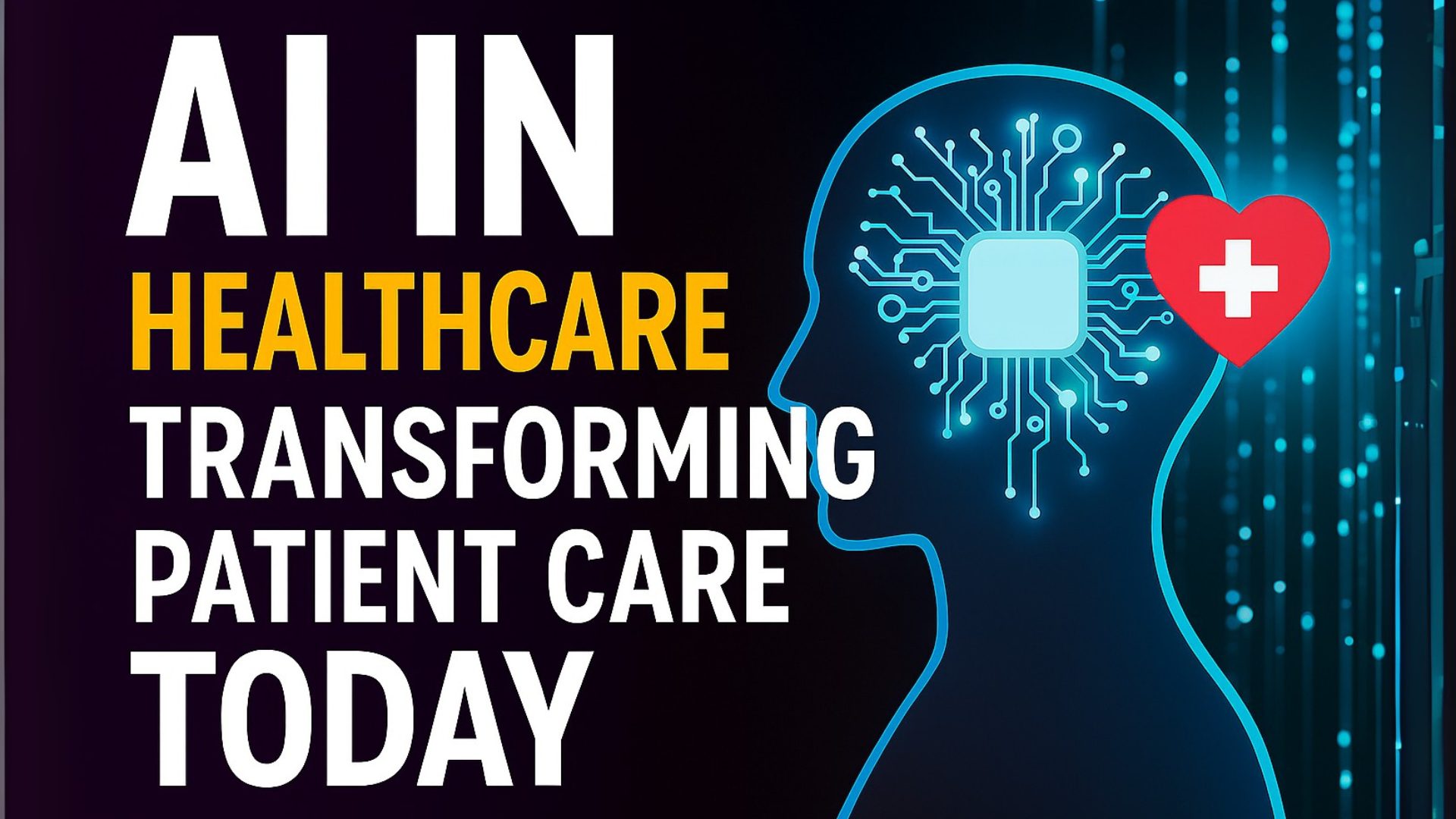Operational efficiency is more important than ever in the rapidly evolving healthcare industry. Custom web apps are playing a key role in modernizing how healthcare organizations function. By offering tailored, scalable solutions, these applications streamline workflows, enhance electronic health records (EHR) management, and improve communication between providers and patients.
Read on to discover how custom healthcare solutions are transforming the industry—from billing to compliance—without the need for one-size-fits-all software.
Why Are Custom Healthcare Solutions Better Than Off-the-Shelf Software?
Healthcare organizations face unique and complex operational needs.Conventional off-the-shelf software frequently falls short in meeting these particular needs That’s where custom healthcare solutions excel.
These tailor-made systems fill critical gaps by offering tools and functionalities built specifically for a healthcare organization’s workflows. The flexibility of custom web apps also allows providers to respond quickly to new medical practices and evolving regulations.
Core use cases include:
- Patient scheduling and appointment management
- Billing and payment processing
- Electronic health records (EHR) integration
The dynamic healthcare environment demands solutions that evolve alongside it. Custom apps enable this adaptability, offering long-term value as needs change.
What Are the Benefits of Custom Web Apps for Healthcare Providers?
1. Enhanced Patient Communication and Engagement
Smooth communication between patients and healthcare providers is made possible by custom web apps.Whether it’s appointment reminders or sharing lab results, improved communication leads to better patient satisfaction and outcomes.
2. Increased Operational Efficiency
Automated scheduling, billing systems, and administrative workflows reduce the workload on staff. This enables medical personnel to concentrate more on providing care.
3. Improved Data Accuracy and Security
Custom apps reduce human error through real-time data integration and validation, contributing to more accurate diagnosis and treatment plans.
4. Scalability for Future Growth
As healthcare needs grow, custom web apps can be scaled and upgraded with ease—ensuring organizations are future-ready.
5. Cost-Effective Long-Term Solution
By automating routine tasks, organizations save on operational costs while boosting productivity.
All these benefits contribute to a patient-centered, HIPAA-compliant approach that enhances care quality and safeguards sensitive data.
What Features Make Healthcare Web Applications Effective?
To be truly effective, healthcare web applications must combine functionality, usability, and security. Here are the core features every high-performing custom web app should include:
- EHR Integration: Seamless exchange of data across systems
- Secure Data Management: Strong encryption and access control
- Real-Time Communication: Instant messaging and alerts for faster response
- Custom Reporting and Analytics: Actionable insights through visual dashboard
- Multilingual Support: Inclusivity for diverse patient demographics
- Scalability: Expand functionality as needs grow
A user-friendly interface is essential so that healthcare professionals can navigate the system easily and focus more on patient care than learning a new tool.
How Is Custom Healthcare Software Developed?
The process of developing healthcare software is systematic and cooperative. Here’s a step-by-step overview:
- Needs Assessment: Identify operational pain points and goals
- Design & Prototyping: Create user-focused wireframes and UI/UX
- Development & Coding: Build functionality based on specifications
- Testing & Quality Assurance: Validate the app for performance and compliance
- Deployment & Training: Launch the app and train staff for seamless adoption
This process ensures that the software aligns perfectly with clinical needs, offering high functionality, reliability, and scalability.
How Do Custom Web Apps Ensure Data Privacy and HIPAA Compliance?
When developing healthcare apps, data security and privacy are non-negotiable. Custom web apps must align with HIPAA compliance and other regulations to protect sensitive patient data.
Key security features include:
- Data encryption (at rest and in transit)
- Regular security audits
- Role-based access control
- Two-factor authentication and secure logins
By integrating these elements, healthcare organizations build trust with patients and ensure legal compliance. Security is not just about avoiding breaches—it’s about maintaining the integrity of healthcare systems.
Real-World Applications: How Healthcare Organizations Use Custom Web Apps
Healthcare providers across the world are already benefiting from custom web apps. Here are a few impactful use cases:
- Telemedicine Platforms: Enable remote consultations and monitoring
- Integrated Billing Systems: Streamline insurance claims and payments
- Centralized EHR Access: Facilitate smoother collaboration across departments
- Clinical Trial Support: Allow real-time data collection and analysis
- Wearable Integration: Monitor patient vitals continuously for proactive care
These real-world examples highlight how tailored apps improve care delivery, reduce overhead, and support clinical innovation.
What Should You Look for in a Healthcare Web App Development Partner?
Choosing the right development partner is essential to success. Here’s what to consider:
- Healthcare-specific experience
- Understanding of HIPAA and regulatory compliance
- Proven portfolio of custom web apps
- Commitment to collaboration and post-launch support
- Strong focus on security and user experience
A strategic partner should work closely with your internal teams to build a product that aligns with both clinical and operational goals.
Conclusion: Why Custom Web Apps Are the Future of Healthcare
Custom web apps are revolutionizing healthcare operations by offering scalable, secure, and user-centric solutions. From electronic health records to data privacy and security, these applications empower healthcare providers to focus on what matters most—delivering high-quality patient care.
As technology evolves, so too must the systems that support our health. Investing in custom healthcare solutions ensures that your organization remains agile, compliant, and ahead of the curve.
FAQs: Custom Web Apps in Healthcare
What are custom healthcare solutions?
Unlike generic, off-the-shelf systems, custom healthcare solutions are software programs created especially to satisfy the clinical and operational requirements of a healthcare organization.
Are custom web apps HIPAA compliant?
Yes, custom web apps for healthcare are developed to follow HIPAA compliance and other industry standards to protect patient data and ensure privacy.
How do custom web apps integrate with existing systems?
These apps are built to seamlessly connect with existing EHR systems, billing platforms, and communication tools, enabling a smooth flow of data across departments.
Why should healthcare providers invest in custom solutions?
Custom solutions offer greater flexibility, better performance, and higher data security. They evolve with regulatory and clinical demands, offering long-term value.







